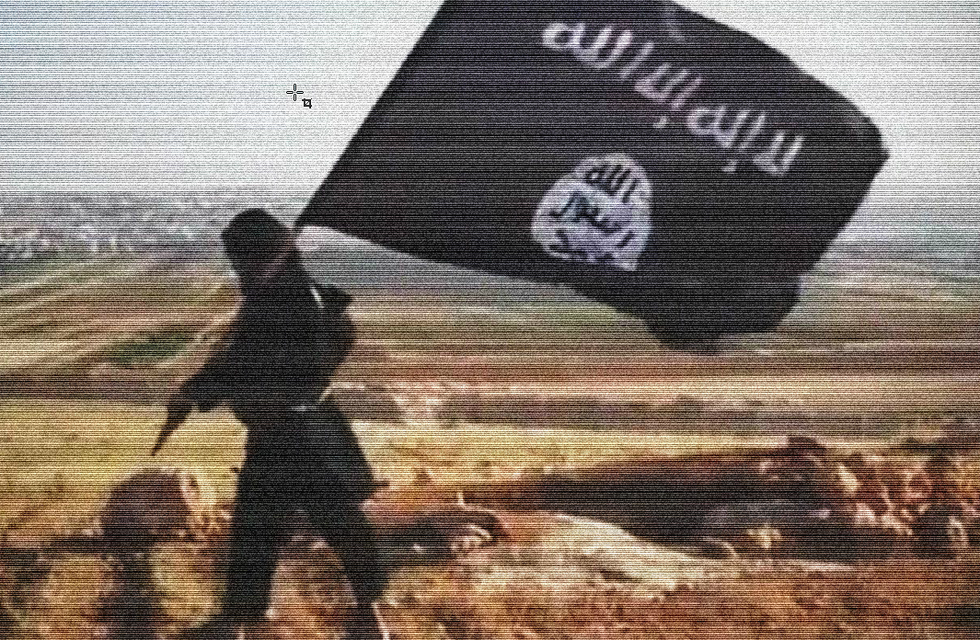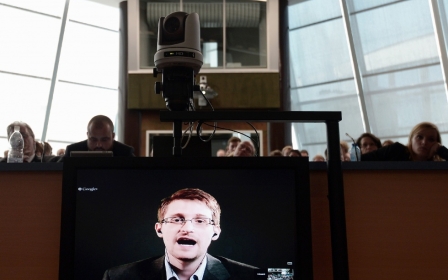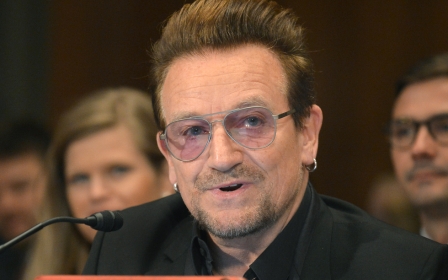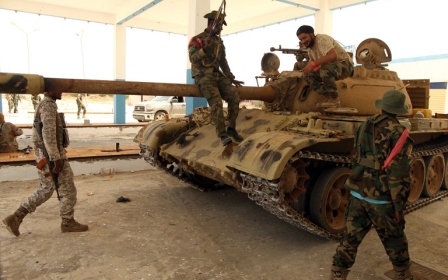US launches cyberwar to 'take out' Islamic State group's internet

The US military's secretive cyber warfare group, Cybercom, is working to destroy the Islamic State group's internet connections and leave it in a state of "virtual isolation", Pentagon chiefs have said.
In what he described as the command's "first major combat operation", Defence Secretary Ashton Carter said Cybercom was playing an important role in the US-led military operation against the IS group in Iraq and Syria.
"The objectives there are to interrupt ISIL command and control, interrupt its ability to move money around, interrupt its ability to tyrannise and control population, interrupt its ability to recruit externally," Carter told the Senate Armed Services Committee on Thursday.
"We're bombing them, and we're going to take out their internet as well.
General Joe Dunford, the Chairman of the Joint Chiefs of Staff and Carter's top adviser, said the goal was to cut off the group's lines of communication.
"The overall effect we're trying to achieve is virtual isolation. And this complements very much our physical actions on the ground, and the particular focus is external operations that might be conducted by ISIL," he said.
The two top Pentagon officials spoke for nearly three hours on progress in the campaign.
The US launched an anti-IS international coalition in August 2014, after the militants caught the West off guard and stormed vast bands of Iraq and Syria - slaughtering residents and local troops as they went, and then imposing harsh Islamic laws.
US politicians have repeatedly voiced frustration. About two years after their lightning assault, IS militants still control the key cities of Raqqa in Syria and Mosul in Iraq.
The committee chairman, Republican Senator John McCain, said Carter's ideas to quicken the war's pace were "intellectually dishonest" because they did not include the option of creating a 100,000-strong ground force - comprising Sunni nations and Western troops - to recapture Mosul and Raqqa.
"That would be a highly desirable circumstance to be in," Carter responded, adding that he had seen "no indication from those countries, despite a lot of effort, of a willingness to do that."
Carter and President Barack Obama have long insisted the only way to defeat the IS group is by training and arming local fighters to do the job, saying the presence of US combat troops would fuel new calls for "jihad" against the Americans.
To the consternation of ally Turkey, the United States is training Kurdish fighters in northern Syria, though officials say US-friendly Syrian Arabs will ultimately need to recapture Raqqa because locals would not welcome a Kurdish liberating force.
Cybercom is charged with protecting America's military and some civilian networks from attacks.
By 2018, it will have more than 6,000 military and civilian technical experts working across 133 teams.
One such team, comprising about 65 people, today works in the Middle East and carries out cyber operations against IS networks.
New MEE newsletter: Jerusalem Dispatch
Sign up to get the latest insights and analysis on Israel-Palestine, alongside Turkey Unpacked and other MEE newsletters
Middle East Eye delivers independent and unrivalled coverage and analysis of the Middle East, North Africa and beyond. To learn more about republishing this content and the associated fees, please fill out this form. More about MEE can be found here.




